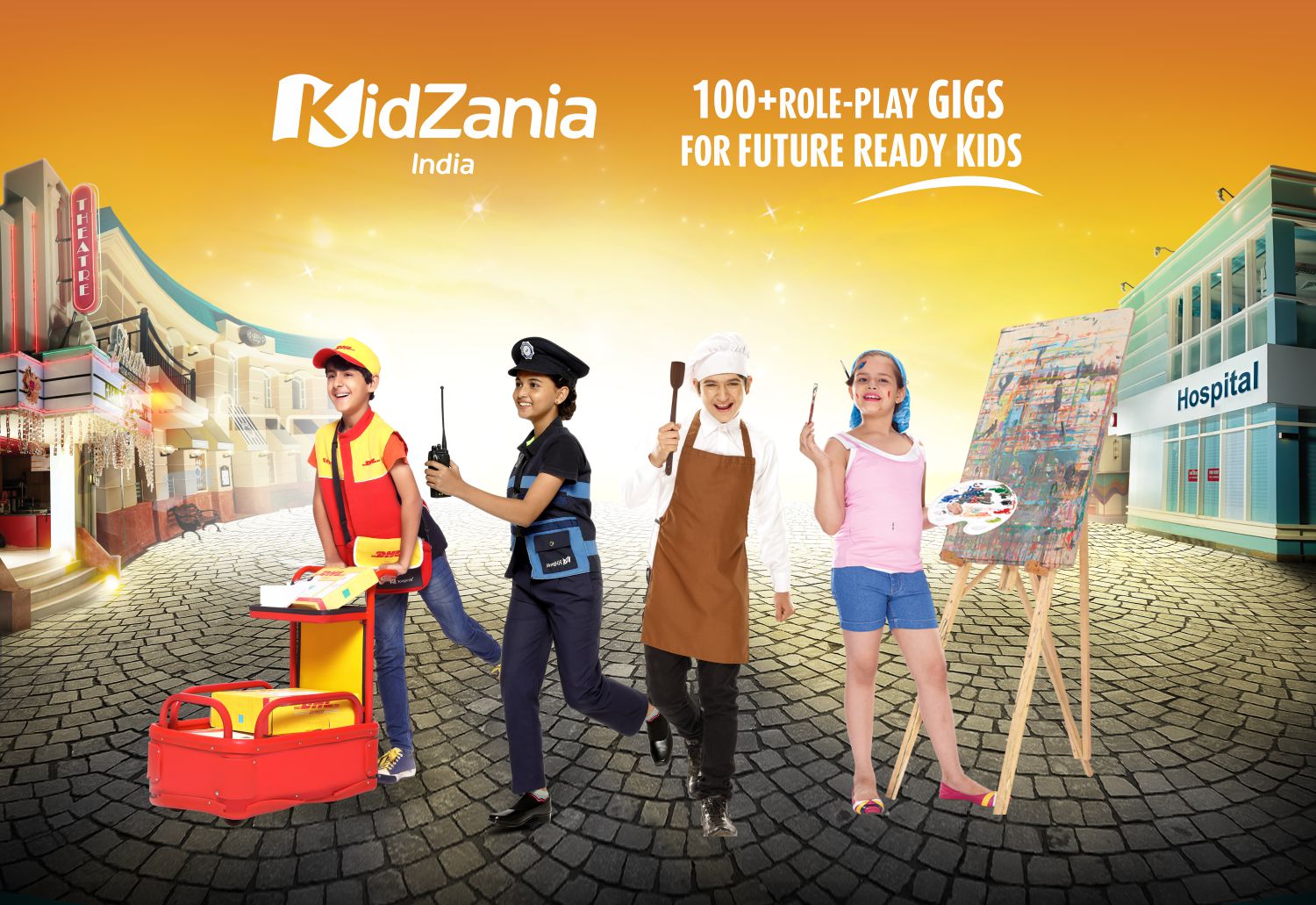How frequently do we rely on our experiences to guide us through various situations daily? We often hear mainstream education does not prepare students for the real world which is why prime importance has been given to internships and part-time jobs by leading universities around the globe.

Universities have started offering co-op courses so that students essentially get practical work experience along with academic knowledge. This makes the transition from school to work smoother than usual. It really makes us wonder though if there’s something inherently lacking from mainstream education? If yes, then what is it? Since we majorly rely on experiences to navigate, why aren’t we incorporating practical learning in our educational patterns? Skills like planning, networking, communication, adaptability, leadership, teamwork and so many more are learned through experience. The majority of our day to day functioning is done through experience, then why do we learn from a book? Let me rephrase, why do we rote?
These are the same questions cognitive psychologists like David Kolb, John Dewey, Kurt Lewin, and Jean Piaget have asked. They believe the key element of learning anything is learning through experience. Hence, they came up with the theory of ‘Experiential Learning’. According to Kolb, concrete experiences provide information that serves as a basis of reflection. These reflections then, over a period of time transform into concepts that we actively use in our day to day lives.
‘Experiential Learning’ can be undertaken in numerous ways. As briefly mentioned above, internships are key to understand the workings of the industry they are working on or would like to work in eventually. This puts things in perspective and breaks any preconceived notions and assumptions they might have.
In fact, we see children of all age groups role-playing, to get into the character of who they’re pretending to be. For example, if they want to be a hairdresser, they will get hold of a pair of scissors and act as if they are styling or cutting someone’s hair, if not anyone, their doll’s hair. They also become teachers someday, emulating their school teachers. With imaginary students, these kids create actual worksheets. This shows that they are naturally wired to experience things and not only rote. This goes to show that being a pretend-librarian or hairstylist, are extremely beneficial for young kids.
Mainstream education, especially in Asian countries, is limited in its abilities to exercise any form of ‘Experiential Learning’. So the question remains how can we, as teachers, parents, and facilitators, provide these young minds with experiences that they can truly learn from and rely on. The answer is simple, we must bridge the gap between the child and the experience and do everything we can to be resourceful to modern learning for kids. We can accompany them to places that provide experiential learning, where they can experience what it is like to navigate places, find shops and restaurants. Also, play in different environments where they are challenged constantly. Another great way to promote experiential learning is by creating different situations at home and having them help around the house. This teaches them to not only be independent but when each small task is completed, they have a sense of accomplishment that can really increase their self-confidence. When they complete small tasks all by themselves, they feel empowered to do more tasks independently and efficiently. First-hand experiences in their early years ensure a holistic development and help in the growth of their people’s skills, communication, and problem-solving skills.
Although it might seem like a new concept, it truly is not. During the primal centuries of human civilization, with trial and error of their experiences is how a majority of the people learned. For example, skilled artisans, their schooling was basically constant internships. Gurukuls work on the completely same philosophy. They learn from nature and their guru puts everything in perspective catalyzing constant reflections. The benefits of experiential learning are innumerable and it is quite hassle-free to take your kids to these places. Places like KidZania, parks, beaches, etc. provide new experiences for your children that leave them with lasting impressions of their encounters with fresh learnings and challenges.
KidZania is an award winning global indoor theme park that is built like and emulates the workings of a real city. It is spread across 75,000 -100,000 sq. ft and represents industries present in the real world like private services, public services, entertainment, airline, automobile, retail, restaurants, factories, etc and provides its visitors an opportunity to explore the world through realistic role-playing activities in scaled down replicas of real-world industries and services. Through each activity, kids learn about how a society functions, financial literacy, adult professions and real-life skills.
KidZania provides a fun and learning based powerful developmental experience, preparing kids to understand and manage their world. We at KidZania believe that children can make a difference and influence change and so it’s important to build an environment where they learn about social responsibility, community awareness and career choices. Our core TG (children both form families and school visits) comprises of environmentally and socially engaged group of young students and parents who are vocal advocates of their beliefs.